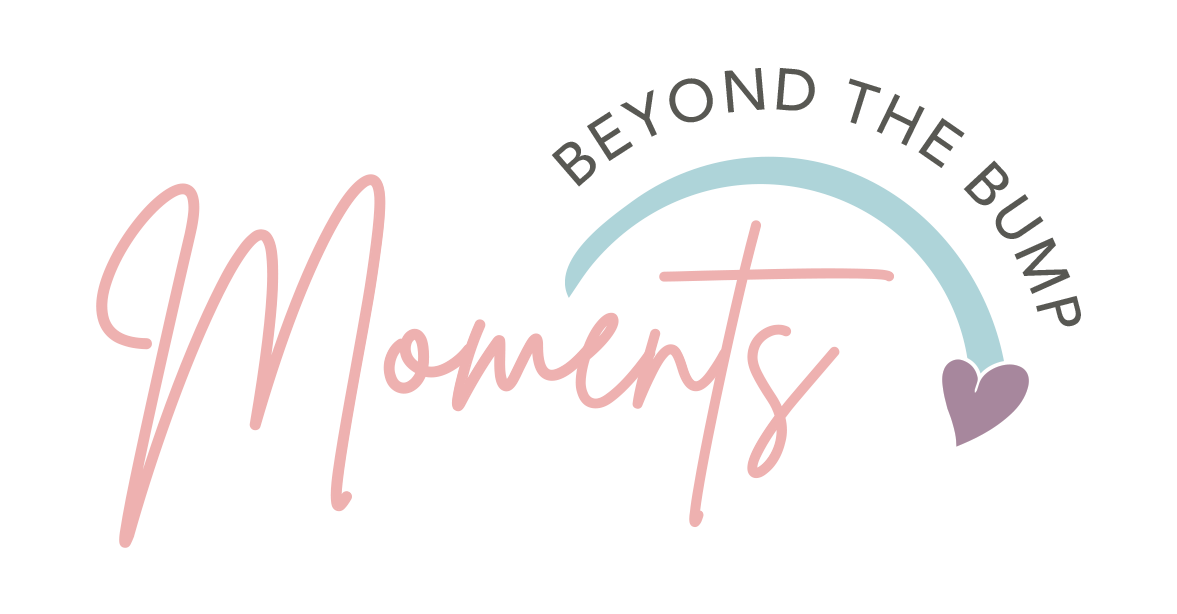"What If Sleep Training Makes My Baby Feel Abandoned?"
Let’s Talk About the Fear—and the Facts!
If you’ve spent any time researching sleep training, you’ve probably come across a post or comment warning that it could damage your baby’s attachment, break their trust, or make them feel abandoned.
And let’s be honest: that’s terrifying to read as a parent.
No one wants their baby to feel unloved or alone. You want to respond to their needs, comfort them, and build a secure bond. And the thought that something as simple as working on sleep could harm that? It’s enough to stop any parent in their tracks.
But here’s the truth: that fear is based on emotion—not evidence.
Let’s unpack the real research behind sleep training, where that fear comes from, and what you can actually do to support both healthy sleep and secure attachment.
Where Did This Fear Come From?
A lot of the fear surrounding sleep training comes from misapplied research—mainly studies on extreme neglect or institutionalized care (think orphanages where babies were left for hours without food, comfort, or stimulation).
These studies do not reflect the loving, responsive homes that you and I are talking about when we discuss sleep training.
The reality is: there is no credible evidence that sleep training—when done thoughtfully and in the context of a loving, responsive relationship—harms a baby’s development or attachment.
What the Research Actually Says
📚 A 2012 randomized controlled trial published in Pediatrics followed babies who underwent behavioral sleep interventions (including methods like “Ferber” and bedtime fading) and tracked them until they were six years old.
The outcome?
No negative impacts on emotional development.
No attachment issues.
No higher levels of stress.
In fact, babies and parents were sleeping better—and everyone was doing better emotionally as a result.
📚 A 2016 Australian study backed this up, showing that behavioral sleep interventions were safe and effective, and did not increase the risk of harm or affect a child’s secure attachment.
Babies Can Protest Change—Even When It’s Safe
Here’s something important that often gets misunderstood: crying does not automatically mean a baby feels abandoned. Crying is a form of communication—but it doesn’t always signal distress in the way we assume.
Sometimes babies cry because they’re confused by a new routine. Sometimes they cry because they’re frustrated. Sometimes they cry because they’re tired and don’t know how to settle.
That doesn’t mean they don’t feel loved or supported.
When you respond consistently, offer comfort when needed, and show up with patience and warmth—even during a sleep training process—you are absolutely still building a secure, trusting relationship.
You’re Not Ignoring Your Baby. You’re Teaching Them.
The goal of sleep training is not to ignore your baby. It’s not to “let them cry it out until they give up.” And it’s definitely not to push them toward independence before they’re ready.
The goal is to help your baby develop a new skill—the ability to fall asleep without needing your body, your rocking, your feeding, or your presence every time.
You’re not abandoning them. You’re guiding them, gently and lovingly, toward something they’re capable of doing with your support.
Attachment Is Built Over Time—Not in a Single Night
Secure attachment is not built (or broken) in one bedtime. It’s built over hundreds of daily interactions—feeding, cuddling, diaper changes, smiling, comforting, playing, and simply being there.
You can be a responsive, attached parent and support independent sleep. These two things are not in conflict.
If you’re worried that sleep training might harm your baby’s emotional well-being, you’re not alone—and you’re not wrong for feeling that way. The internet is loud, and the pressure to parent perfectly is real.
But here’s what I want you to hear: you are not doing anything wrong by wanting better sleep for your family.
When done with love, intention, and a focus on your child’s needs, sleep training is not harmful. In fact, it can be profoundly helpful—for both your baby and for you.
You’re not abandoning your baby. You’re showing up, guiding them, and helping them thrive.
And you don’t have to do it alone.
